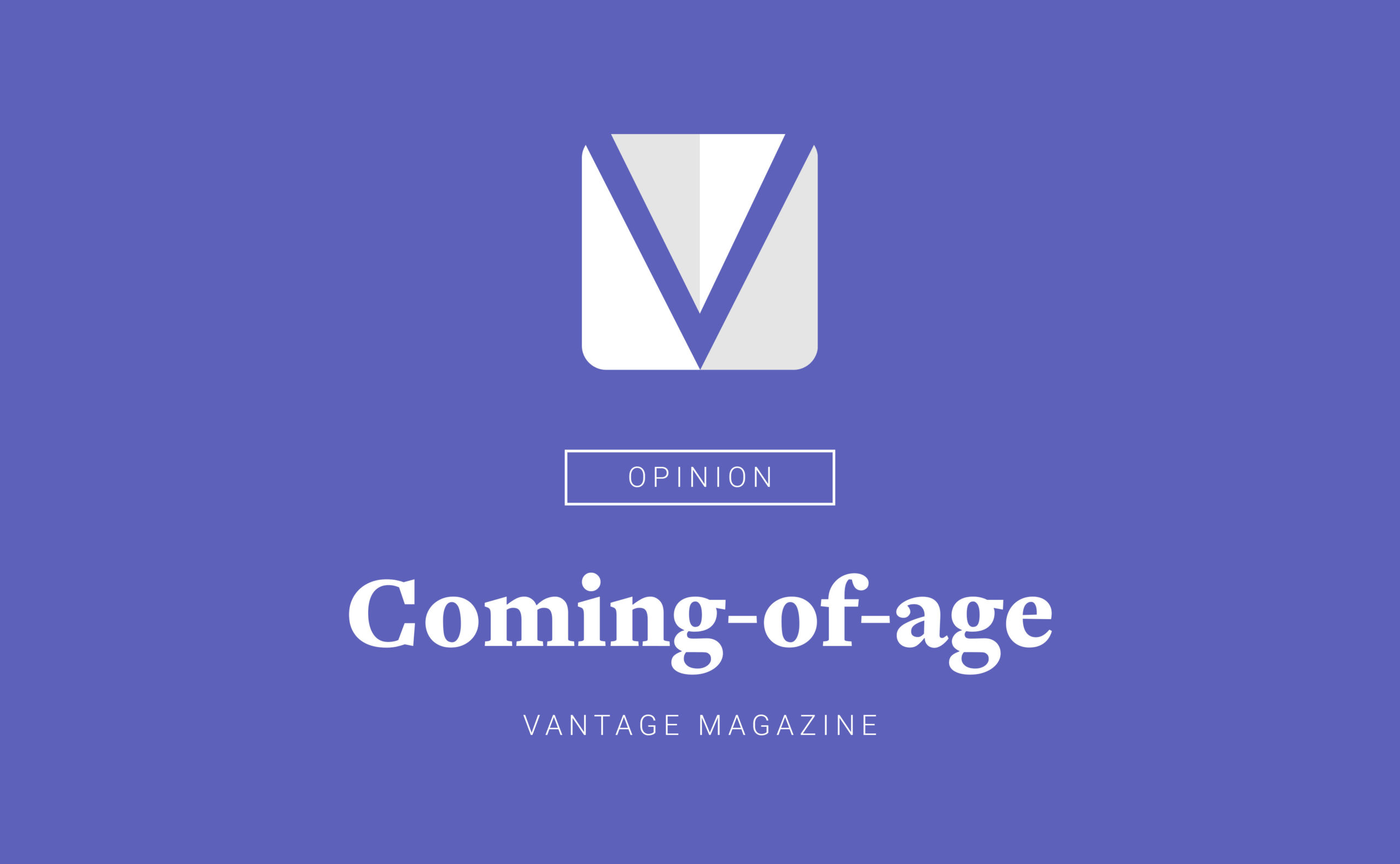Coming-of-age is a Vantage column where staffers share their opinions on a specific beat. From in-depth analyses of TV series to miscellaneous musings in music (and everything in between), this monthly column is an avenue to spread and inspire thought-provoking ideas.
In this column, Vantage Magazine Staffer Giu talks about how her views on love changed after reading Sally Rooney’s critically acclaimed novels—namely, ”Normal People”, “Beautiful World, Where Are You?” and “Conversations with Friends.”
Let’s be real—who knows what love is? As someone who has been burned before, I’m surprised that I’m still the girl who loves love despite not having the clearest definition of what it is. I find comfort in sappy meet-cutes and happily-ever-afters that bring some sort of idealism to the whole idea of love.
However, I knew I had to grow up and accept that that’s not how romance works realistically. I knew that there was a more appropriate representation, and I wanted to find a way to grasp it.
Sometime last year, I decided to deviate from my typical sappy rom coms and watch the Hulu adaptation of Sally Rooney’s novel Normal People. A few months later, I finally picked up the book. Those who know who Sally Rooney is would know she is the total opposite of sappy, but I figured I wanted a change of pace and maturity in terms of the media I was consuming.
That’s when my Rooney spiral started.
After Normal People, it was Beautiful World, Where Are You?, and finally, Conversations With Friends. I immersed myself in Rooney’s world and completed the holy trinity of her existing novels. Something I noticed is that she doesn’t shy away from making her characters as raw and authentic as possible—no matter how painful their subplots might be. With low-stake plots, she’s more into character-driven stories, and it shows in how each book is written. I learned that she has a pattern of character writing; some of her staples include an author, a cynic or an extremely beautiful man. Above all that, something else they all have in common is that, frankly, no one is emotionally available enough to get into a romantic relationship.
Normal People’s Connell and Marianne had intense communication issues that lasted through years of their young adult lives. The two couples in Beautiful World lacked a handful of self-love, while Conversations featured scenes of adultery. Needless to say, Rooney really loves when things are complicated. She deserves credit for exhibiting more nuances to her characters than just lust. It’s not hard to notice the deep-seated drama that has always been consistent across her books.
Eventually, I started questioning whether love is really supposed to be this complicated or if Rooney’s characters are just that problematic.
Devouring her work was such a stark turn from all the fluff I had been consuming over the years. Because of that, I had to rethink my standards of romantic love for myself. Rooney loved making slow burns and passivity the cruxes of her characters’ relationships, but I realized that might not be the healthiest way to go in realistic terms.
When I put these side-by-side with the sappy material I usually like, one might be surprised that I have such a liking for Rooney’s pieces. But I suppose it’s because they have brought me one of the greatest realizations adulthood can bring: What love isn’t supposed to look like.
Cheesy romance can up the standards for one, but what’s so unique about Rooney’s books is that she does the same by presenting to you exactly what you shouldn’t be looking for in a romantic relationship.
Yes, these characters find their happy endings together. However, when you trace back their journey getting there, you’ll realize how much you don’t want to go through what they went through. Rooney taught me that I do want to experience a great love, but not if I have to go through hell to get there.
Sally Rooney helps me get a more realistic grasp of the standards I should have in place. Love is still such an abstract concept to me but, with her books, I’m getting the hang of putting its pieces together in my head.
Got an idea for an opinion piece you want to share with us? Send your pitch to vantage@theguidon.com using your OBF email and we’ll reply to you within five (5) working days!






